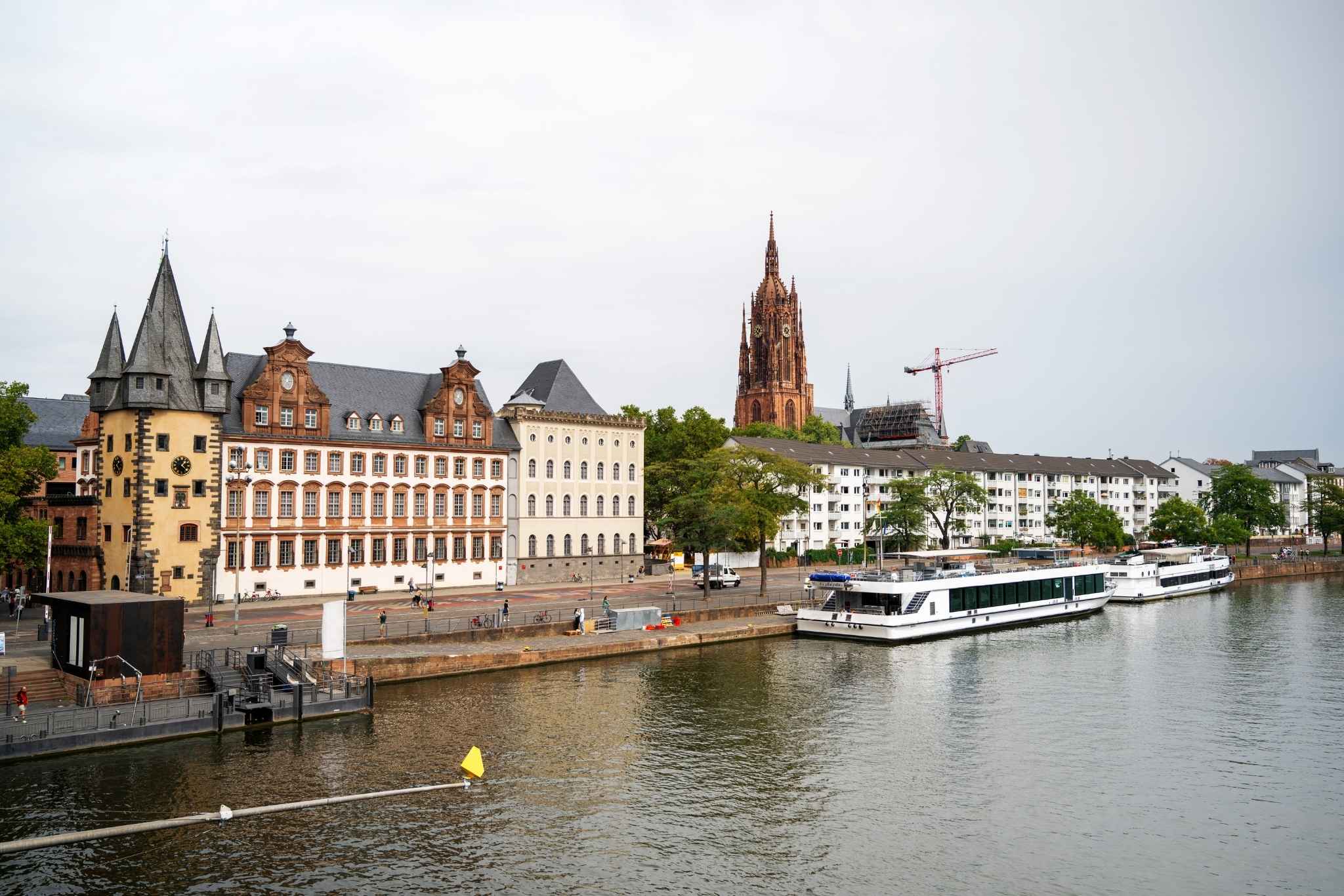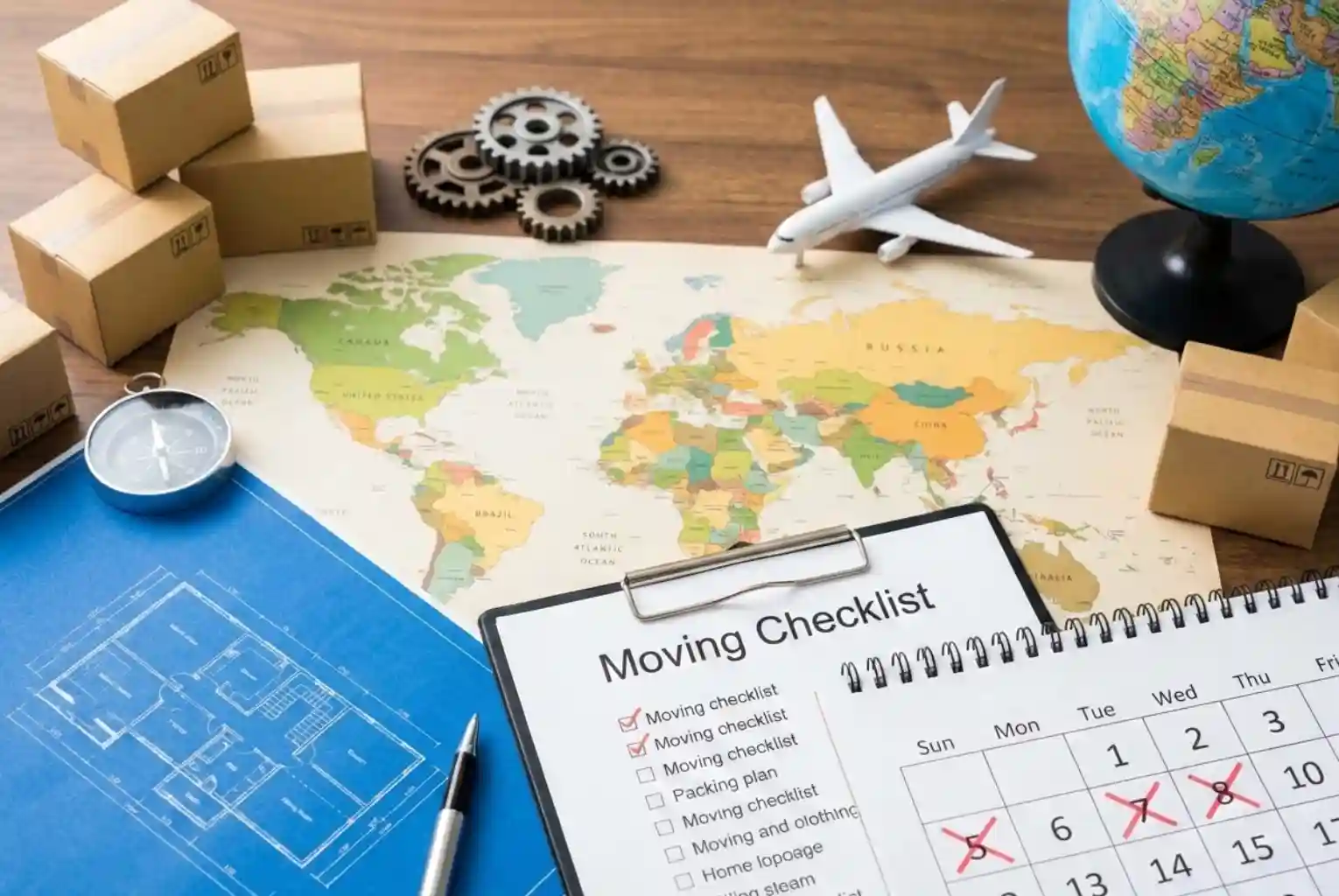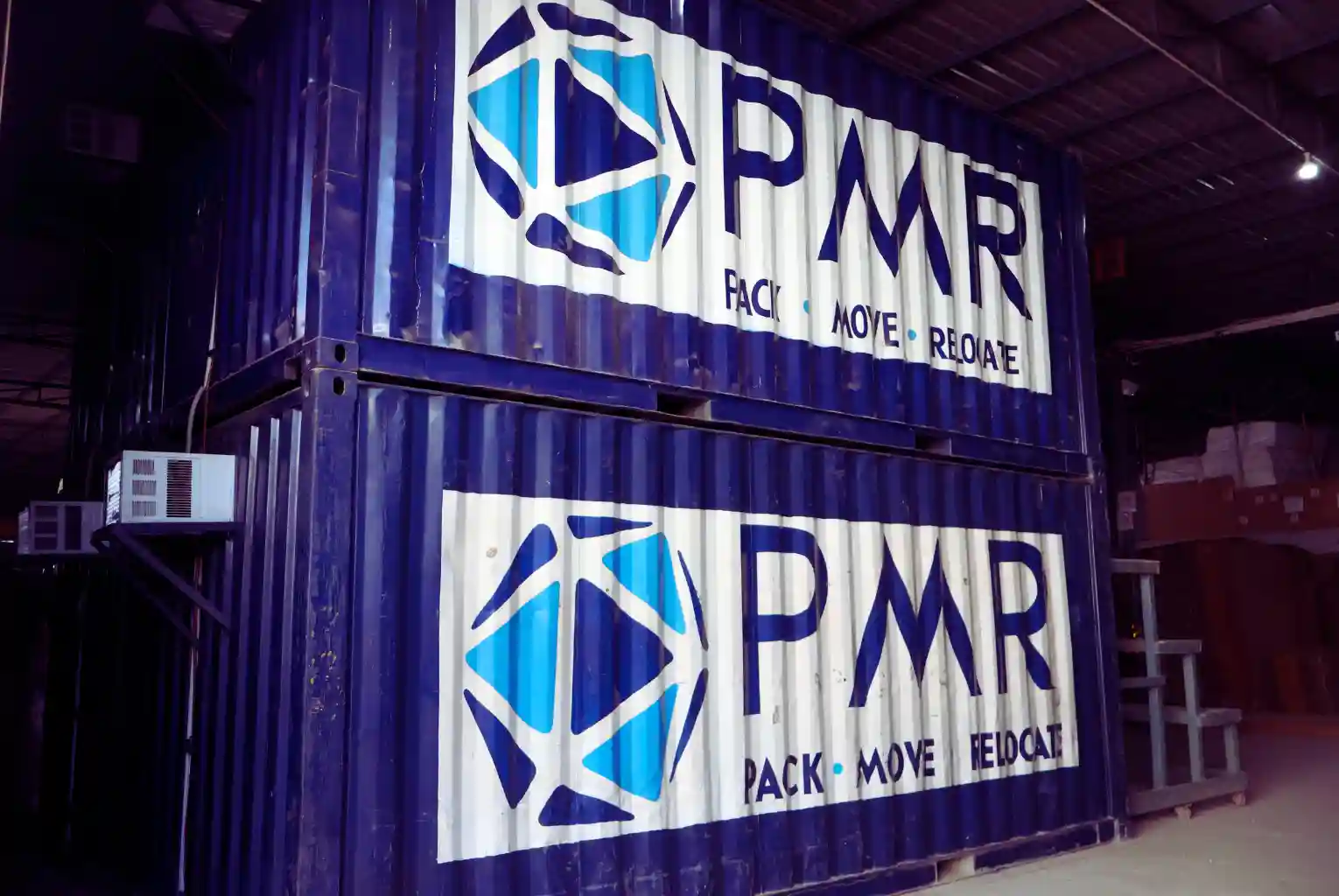A SMOOTH TRANSITION: YOUR STEP-BY-STEP GUIDE TO MOVING TO GERMANY

Introduction
Why Germany?
Perhaps the most attractive aspect of this country's offer is that it is truly dedicated to work-life balance. It offers generous vacation time and an attitude wherein leisure is considered very important. This means you'll have enough time to explore your new home and even go beyond it. Germany's dedication to environmental issues and its cultural scene raises its standards to a very high quality of life.
Planning Your Move: Necessary Steps
- Research: Various regions and cities in Germany. Each area has its character and advantages. Some of the best cities to live in Germany include Berlin for its vibrant arts scene, Munich for the traditional Bavarian culture, and Hamburg for its maritime charm.
- Timeline: Set a close schedule for your move, with the most critical deadlines for visa applications, accommodations searches, and job searches.
- Budget: Determine your budget for the relocation process, including initial costs such as flights, temporary accommodation, and some possible language courses. Research your cost of living in Germany so you can have a realistic understanding of monthly costs in the different cities.
- Papers: All the necessary paperwork should be collected, such as a copy of your passport, birth certificate, educational certificates, and certificates regarding the experience you would have gained. These documents are mostly required to be translated into German and stamped.
- Declutter: Most people prefer decluttering their belongings right before moving to Germany. Take this opportunity to decide what you must bring and what can be left behind or sold.
Visa and Residency Permits
- Student visa: This visa is for people who go to Germany to study.
- Job seeker visa: As the name suggests, this visa allows you to stay in Germany for six months while looking for work.
Finding Accommodation: A Guide
- Get off on the right track: Start looking for an apartment several months before your planned move date. Many landlords require you to see them in person to consider viewing a specific apartment, which might mean visiting Germany first.
- Familiarize with the terminology: Understand what German housing is. For instance, "kaltmiete" means the average rent without utilities, and "warmmiete" contains heating costs.
- Types of accommodations: Understand the various accommodations available. You might have home-like accommodations (Wohnungen), shared flats (WGs), or temporary furnished apartments (möblierte Wohnungen).
- Resources on the internet: Useful online sources such as ImmobilienScout24, WG-Gesucht, and local Facebook groups can be highly resourceful in finding accommodation.
- Documents: The tenant can always request proof of income and credit history (Schufa) and sometimes ask for a guarantor.
Learning the German Language
You might be interested in signing up for a language class either before or after your arrival. Many towns offer integration classes that combine language and cultural orientation. Try practicing online through websites like Duolingo or Babbel.
Even if you don't understand German at first, just stick to it—it does require patience and practice, but you will start to understand the language slowly. People here in Germany generally appreciate people who give it a good shot at speaking their language, even if they might actually be able to do a bit more.
Healthcare in Germany: A Complete Guide
- Public health insurance, also known as gesetzliche Krankenversicherung, is the most common, as nearly 90 percent of residents have it. It is financed by employee and employer payments.
- Private health insurance (private Krankenversicherung) is only available to high-income earners, self-employed individuals, and confident professionals.
Looking for Work in Germany
- Qualifications: Recognition of formal qualifications is keenly sought in Germany. If you plan to work in a regulated profession such as medicine or law, you will need your qualifications recognized.
- Job search: Online job portals like Stepstone, Indeed, and LinkedIn can be handy. Also, networking events and associations with the profession you want to enter can be helpful.
- Application process: An application for a job in Germany generally involves an application document, a resume, and photocopies of relevant certificates. For some positions, be prepared for quite a number of rounds of interviews and assessment centers.
- Work culture: In the German culture, punctuality, direct and open communication, and good demarcation between work and leisure time are typically appreciated.
Cultural Differences and Etiquette
- Punctuality: Punctuality for Germans is of high importance. To be timely is seen as a respected indicator.
- Direct communication: Germans are direct in communication. It does not intend to be perceived as insulting but rather quite efficient and honest.
- Recycling: Germans pride themselves on their strong sense of environmental awareness. Learn which bins do what for recycling.
- Quiet hours: Many apartments have Ruhezeiten, or quiet hours, usually late in the day and on Sundays.
- Formal address: You must maintain professional titles and last names unless you're invited to use first names in the workplace.
Education System in Germany
- The education system: The education system is a big responsibility placed on the shoulders of individual states or Länder. In Germany, schooling is also achieved until 6 to 15 or 16 deep, depending upon the state.
- Higher education: Germany boasts some great universities. Public universities hardly charge tuition fees to international students, so studying in Germany is also pretty attractive.
- Vocational training: The dual education system in Germany, whereby theoretical studies are trained alongside work experiences, is highly praised internationally.
Networking and Building Social Circles
- Language tandem: Find a tandem service that you can use to learn German with a person who wants to learn your native language
- Sports clubs: The Germans take their sports clubs (Vereine) seriously, so join one to connect with like-minded locals.
- Expat groups are the best way to get in touch with other expats in your city. They're also a good place to find people from whom to learn how to live in your new community, especially when you first relocate.
- Volunteer: Volunteer in local organizations. You'll meet new people with similar thinking skills while contributing to your new environment.
- Company events: Do not avoid after-work meetups or company events. These could be a good opportunity to get closer to colleagues.
Conclusion
Our Blogs

WHY SUCCESSFUL RELOCATION DEPENDS MORE ON RELOCATION PLANNING THAN DISTANCE
Successful relocation is rarely defined by distance—it’s driven by effective planning. From choosing the right storage solutions to coordinating warehouse timelines, smart relocation planning helps protect your belongings, reduce delays, and ensure a seamless transition. Whether it’s short-term storage or long-term warehousing, organized logistics play a critical role in making any move successful.

WHY YOUR BELONGINGS DESERVE A PAUSE: RETHINKING STORAGE AND WAREHOUSING SERVICES DURING RELOCATION
Relocation is not always a seamless door-to-door journey. Delayed handovers, international transit schedules, temporary housing, or sudden changes in plans often create a gap between moving out and moving in. During this uncertain phase, professional storage and warehousing services provide a safe, controlled environment for your belongings. From short-term holding to long-term storage, these solutions ensure your household goods remain protected, organized, and ready for the next step of your relocation—without adding stress to an already complex move.

WHY INTERNATIONAL RELOCATION TIMELINES OFTEN SLIP — AND WHAT YOU CAN DO TO STAY ON TRACK
International relocation timelines often look straightforward on paper—but reality tells a different story. Visa approvals, customs regulations, documentation gaps, port congestion, and coordination between multiple service providers can easily cause unexpected delays. Even small oversights early in the planning stage can snowball into weeks of disruption. This blog breaks down the real reasons why international relocation timelines slip and, more importantly, outlines practical steps you can take to anticipate risks, plan smarter, and keep your global move moving forward without unnecessary stress.



